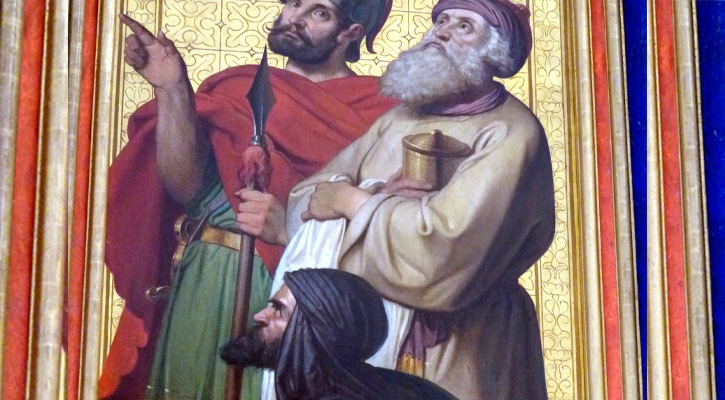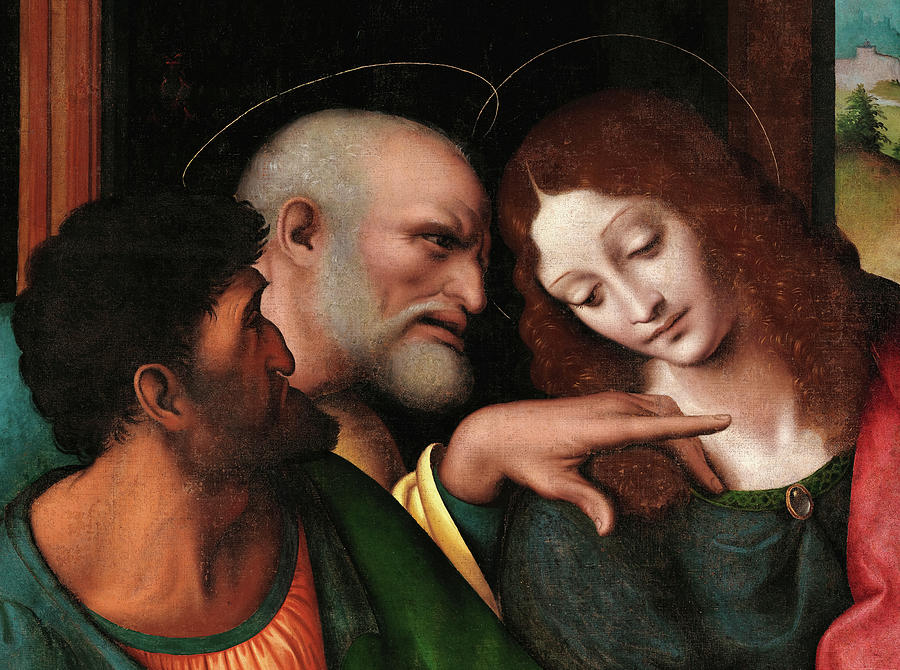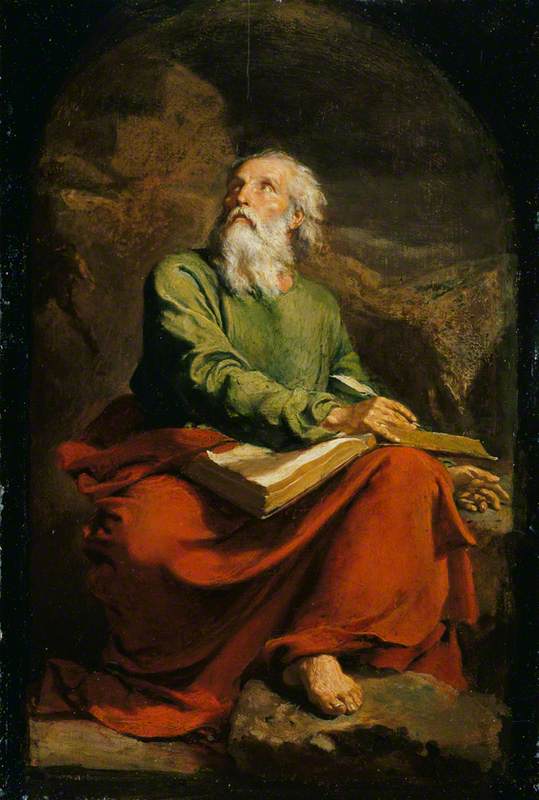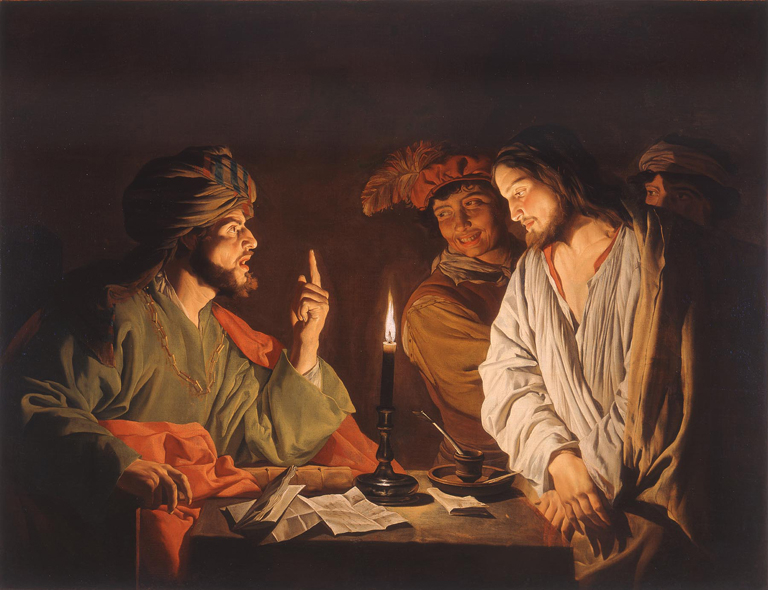TODAY’S READINGS
It struck me in hearing the readings proclaimed at Mass that, while Sunday readings are always purposeful in connecting the first reading and the Gospel reading, all four Scriptures fit together in a profound way. Let’s take a closer look at each reading, in particular the phrases in question.
Today’s first reading (Acts 3:13-15, 17-19) has Peter remonstrating his Jewish hearers for what they did to Jesus.
“The author of life you put to death,
but God raised him from the dead; of this we are witnesses.” (v. 15)
We cooperate with this “author” to make new humans and He provides the soul. He gives the life of grace to that soul in Baptism, gives life back to that soul through Confessions, and strengthens the life of that soul through the Eucharist. This Author writes beautifully, don’t ever forget when you look around and when you look in the mirror.
The Responsorial Psalm (Ps 4:2, 4, 7-8, 9) is overwhelming in its delight of the Lord:
O LORD, let the light of your countenance shine upon us!
You put gladness into my heart. (vv. 7b-8a)
Wow! When our heart is full in earthly matters, we never want to lose that feeling, but inevitably it fades or is jarred away. But the gladness God brings to the heart can never be taken away if we hold it close. Never let earthly distractions, no matter how severe, disturb your peace, knowing that God is with you when you stay in His good graces.
Then John (1 Jn 2:1-5a) tells us how we honor Jesus Christ for doing the following for us:
He is expiation for our sins,
and not for our sins only but for those of the whole world. (v. 2)
Thank God! This is truly Good News! This great benefit we have received in knowing Christ and having been initiated into the Catholic faith should be made known to “the whole world.” There is no human that is not a beneficiary of Christ’s sacrifice. We are under obligation to make it known to every soul. What could ever stop us from winning over brothers and sisters to Christ? We must follow the Lord’s commandments and share this requirement with others.
The Gospel has Jesus appearing to the apostles and His Road to Emmaus companions in the Upper Room:
[Jesus] showed them his hands and his feet…
[T]hey were…incredulous for joy and were amazed… (vv. 40-41a)
When was the last time you were “incredulous for joy and…amazed” at what Jesus has done for you and every person who ever has come into existence or who will be conceived? It is far too easy to become complacent in our faith. Let us renew ourselves in the Lord daily , finding joy and amazement in what He has done for us and for everyone. Let us exude the joy of knowing Jesus and share our amazement in how He saved wretches like us, so more wretches will come to the Faith..
BP BARRON SERMON
Christ Appearing to His Disciples After the Resurrection (c. 1795) by William Blake
God bless.










